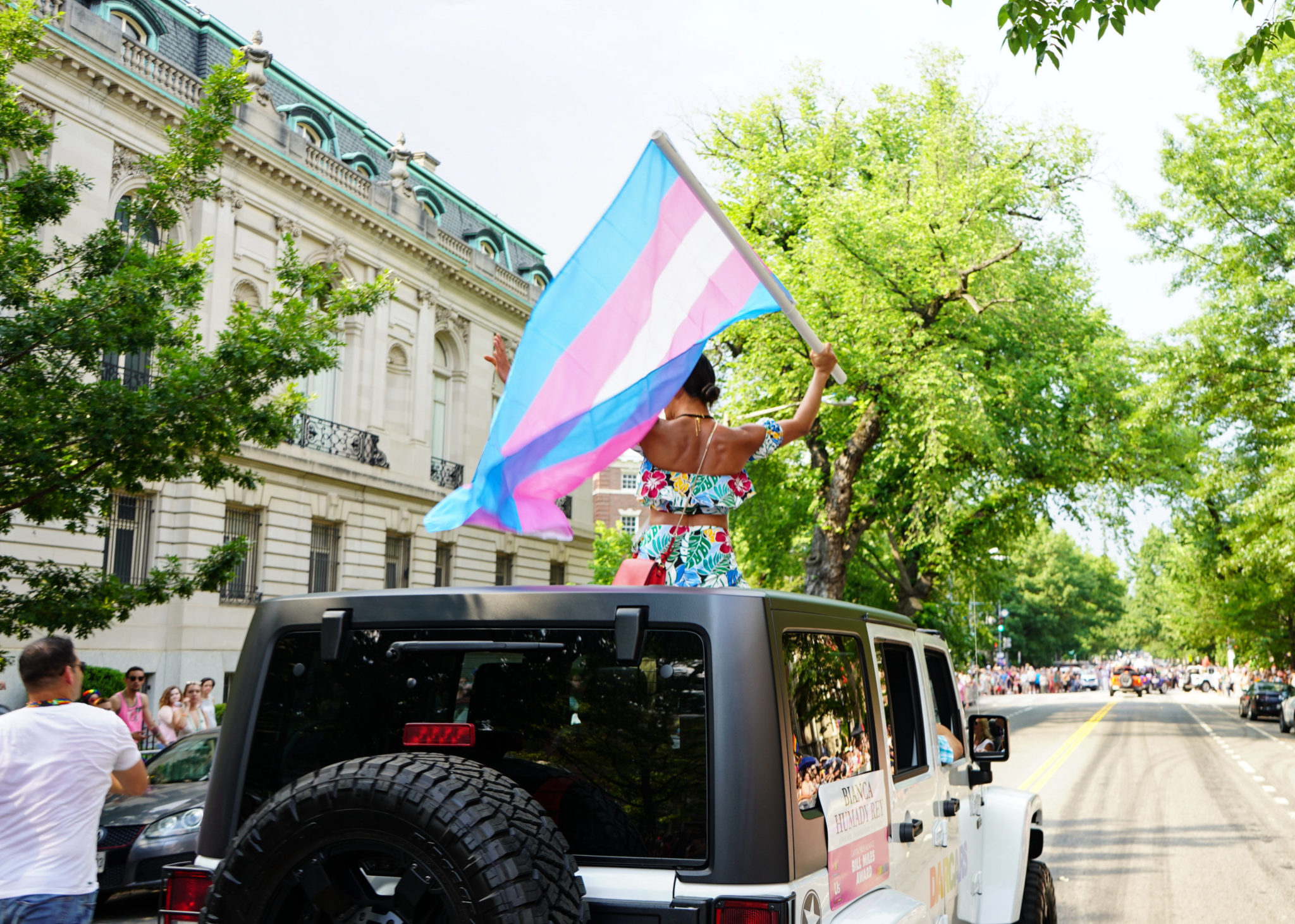Twelve anti-transgender bills were introduced in Virginia’s General Assembly last session, part of a wave of legislation attacking trans rights across the country. All of the Virginia bills were defeated in the Democrat-controlled Senate. However, two of the bills passed in the House, marking the first time one of Virginia’s legislatures has passed an anti-trans bill.
It’s not just Virginia: Anti-trans laws have taken off in state legislatures across the country. This week, the Kentucky General Assembly overrode a veto from the governor to pass a bill that prohibits teachers from using students’ preferred pronouns and bans gender affirming care for minors. On Tuesday, Florida Governor Ron DeSantis signed HB1557, also known as the “Don’t Say Gay or Trans” bill, which restricts what teachers can say about gender, sex, and sexual orientation in the classroom.
What’s happening in Virginia?
The 12 anti-trans bills in Virginia were introduced during the 2022 legislative session, which ended last month. Breanna Diaz, policy and legislative counsel for ACLU of Virginia, says the bills fall into three categories: Trans athlete bans, health care bans, and forced outing bills. “They’re all a solution in search of a problem where one doesn’t exist,” Diaz says.
Though none of the 12 bills introduced ultimately became law, Diaz says rhetoric surrounding the legislation is dangerous. The forced outing bill would have required school employees to report to parents when a student questions their gender identity, even if they just overhear a conversation between two students. According to Diaz, the bill also equated being trans with being suicidal or a victim of violence.
“Young trans folks do have a disproportionate rate of suicide and mental health issues,” says Diaz. “But that is because of discrimination, harassment, and stigma they experience for being trans. Not just because they’re trans.”
Diaz says the 12 bills introduced last session will probably not progress, unless the governor calls a special session for LGBTQ issues, which is unlikely in Diaz’s opinion.
Who are the legislators introducing these bills?
According to Cathryn Oakley, state legislative director and senior counsel for the Human Rights Campaign, this does not appear to be a coordinated effort by Republican legislators, unlike in other states. “One thing that struck me is that we had different versions of the same bills introduced by different folks,” she says. The bills, all introduced by Republicans, were not expected to pass the Democrat-controlled Senate.
Some of the people introducing the bills have a history of inflammatory comments surrounding the LGBTQ+ community. State Delegate Dave LaRock, who represents Loudoun County and introduced the forced outing bill, criticized a resolution in 2016 to recognize Pride Month in Loudoun County, saying it would be offensive to his religious beliefs. In response, County Supervisor Kristen Umstattd said LaRock was invoking “false stereotypes meant to shame and humiliate LGBT adults, teens and children alike.”
Virginia Governor Glenn Youngkin has also directed attention towards anti-trans policies. In September, students protested against a proposed education policy that would restrict transgender students from using the bathrooms and other facilities that align with their gender identity, and required parental consent before a student’s name or gender can be changed at school. Earlier this month, Youngkin doubled down during a CNN town hall, reiterating his support for “parent’s rights.”
What happens next?
One of the strongest strategies in advocates’ arsenals are public hearings, according to Oakley. Hearings give affected students a chance to speak. Sometimes, the sessions are the first time legislators hear from a trans person directly. In the fight against the forced outing bill, the ACLU of Virginia and its partners filled the room with trans youth. “We testified until they told us we couldn’t anymore,” says Diaz.
Bringing human emotion and experience to an issue can be a powerful catalyst for change. Tori Cooper, HRC Trans Justice Initiative director, points to past efforts to legalize gay marriage as an example—and a road map.
“What we’re seeing at the community level, people are galvanized to go to local politicians,” says Cooper. “Trans and nonbinary people are motivated in ways that they haven’t been before.”



















